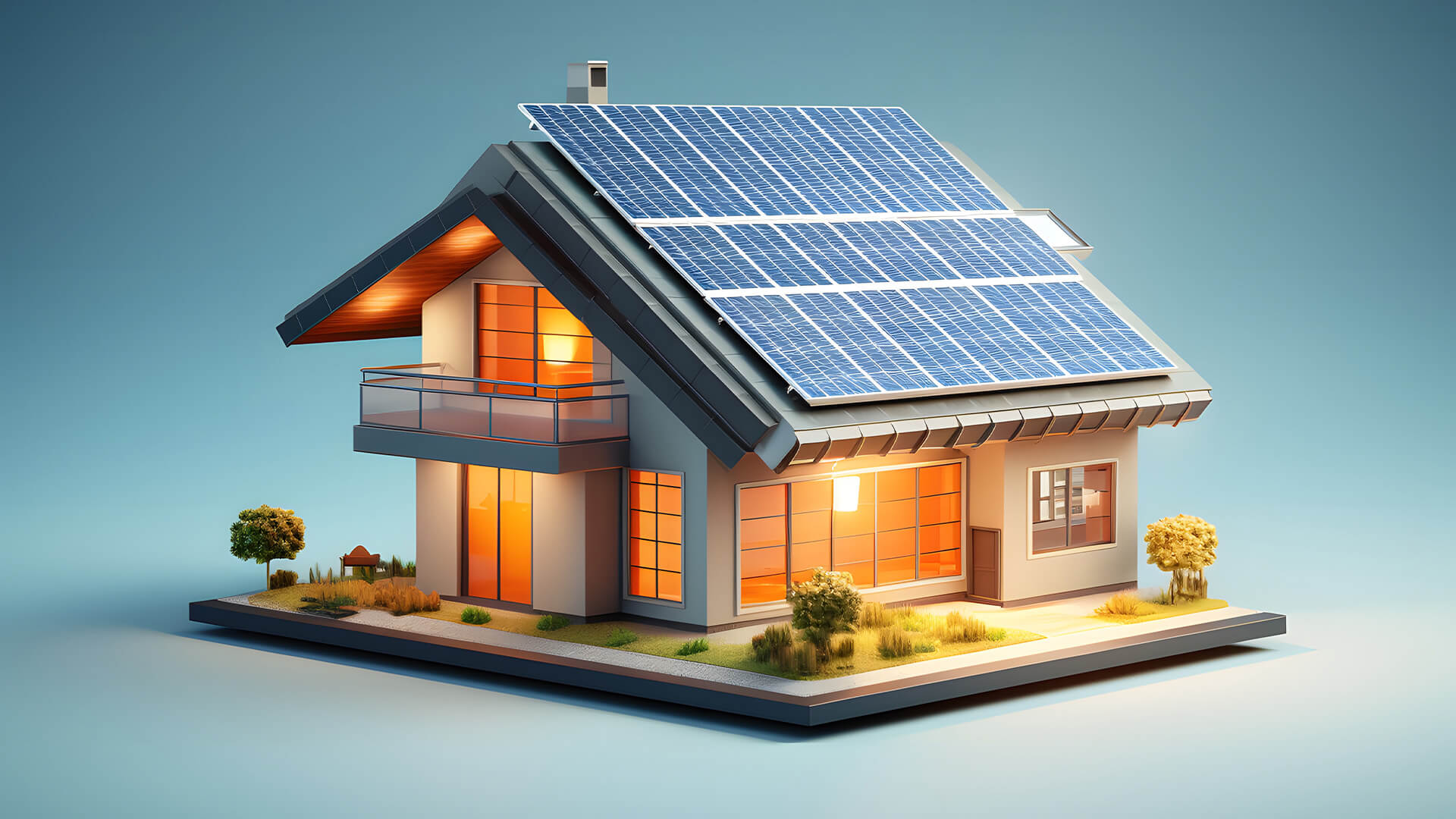SEO Gush
Insights and updates on the ever-evolving world of SEO.
Energy Efficiency: The Coolest Way to Save Cash and the Planet
Discover how to save money and protect the planet with energy efficiency tips that make a difference—your wallet and the Earth will thank you!
10 Simple Energy Efficiency Tips to Save Money and the Environment
Improving energy efficiency is not only a great way to save money, but it also plays a significant role in protecting our environment. Here are 10 simple energy efficiency tips that everyone can adopt:
- Switch to LED Bulbs: Replace traditional incandescent bulbs with LED lighting, which uses up to 80% less energy.
- Unplug Devices: Unplug chargers and electronics when they are not in use to prevent energy waste.
- Seal Windows and Doors: Use weather stripping to seal any gaps in your home to keep the warm or cool air inside.
- Use Energy-Efficient Appliances: Invest in appliances with the ENERGY STAR label, which are designed to consume less energy.
- Adjust Your Thermostat: Set your thermostat a few degrees lower in winter and higher in summer to save on heating and cooling costs.
By implementing these tips, you can significantly reduce your energy consumption and promote a greener lifestyle. Remember, even small changes can make a big difference! Here are five more tips to consider:
- Utilize Natural Light: Keep curtains open during the day to use sunlight instead of artificial lighting.
- Limit Water Heating: Lower the temperature on your water heater to save energy.
- Practice Smart Landscaping: Use trees and shrubs to provide shade and windbreaks around your home, helping to regulate temperature.
- Use a Programmable Thermostat: Schedule your heating and cooling to match your lifestyle and reduce energy usage when you're away.
- Consider Renewable Energy: Explore options for solar panels or wind energy to power your home sustainably.

How Does Energy Efficiency Impact Your Monthly Bills?
Energy efficiency plays a crucial role in reducing your monthly bills by minimizing the amount of energy your home consumes. By implementing energy-efficient appliances, such as LED light bulbs and Energy Star-rated devices, you can significantly lower your electricity usage. This not only leads to reduced energy costs but also contributes to a more sustainable environment. According to the U.S. Department of Energy, households can save hundreds of dollars annually simply by making smarter choices when it comes to energy consumption.
Moreover, investing in energy efficiency improvements, like better insulation and energy-efficient windows, can have a lasting impact on your heating and cooling expenses. High-efficiency HVAC systems require less energy to operate, which means lower utility bills each month. By understanding and improving your home’s energy performance, you can effectively decrease your overall monthly expenses while enhancing your comfort and lowering your carbon footprint.
Exploring Renewable Energy: A Sustainable Path to Cost Savings
As the world shifts towards more sustainable practices, renewable energy stands out as a pivotal solution for both environmental and economic challenges. By harnessing natural resources like wind, solar, and hydro power, individuals and businesses alike can significantly reduce their carbon footprint. Transitioning to renewable energy sources not only lessens dependence on fossil fuels but also opens the door to innovative technologies and job creation in the green sector. This shift represents a comprehensive approach to sustainability that aligns ecological responsibility with the potential for long-term savings.
One of the most compelling arguments for exploring renewable energy is the substantial cost savings over time. Although the initial investment in renewable energy technologies can be daunting, the reductions in utility bills and maintenance costs often lead to positive cash flow in the long run. For instance, homeowners who install solar panels can potentially eliminate their electricity bills, while businesses can benefit from various incentives, subsidies, and tax breaks aimed at promoting sustainable practices. Ultimately, investing in renewable energy not only contributes to a healthier planet but also represents a wise financial decision that can yield significant returns.